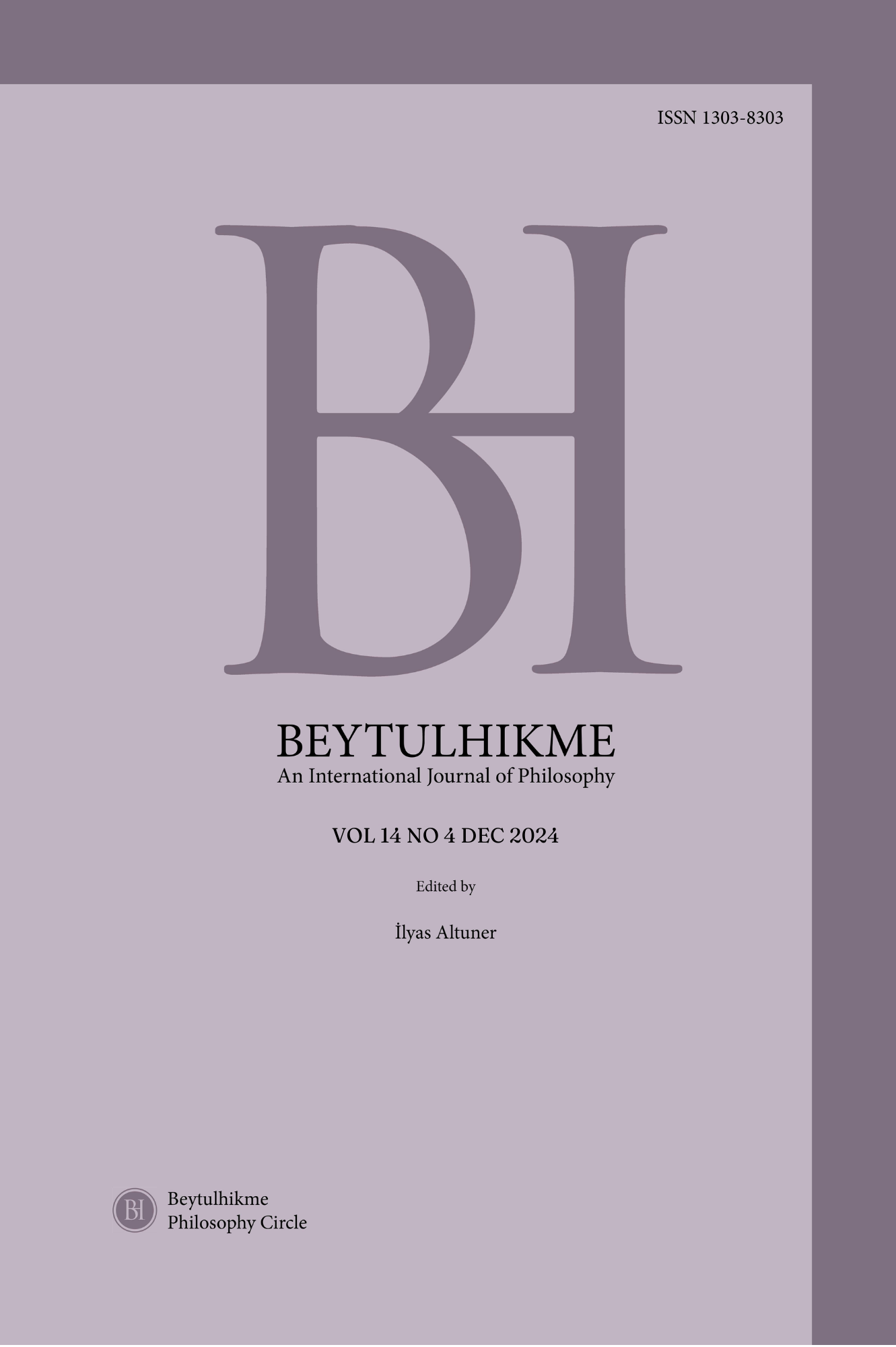Author :
Abstract
Bu makale, Platon'un mitleri felsefi sisteminde nasıl kullandığını ve bu mitlerin kültürel, felsefi ve epistemolojik anlamlarını incelemektedir. Platon, yaşadığı dönemin Yunan kültüründe köklü bir yere sahip olan mitleri, felsefi tartışmalarında işlevsel hale getirerek mitos ve logos arasındaki ilişkiyi derinleştirmiştir. Bu bağlamda, Homeros ve Hesiodos’tan miras alınan Tanrı ve doğa anlayışının, Platon'un düşünce dünyasında nasıl yeniden yorumlandığı ve felsefi söylemde nasıl işlevselleştirildiği incelenmektedir. Makale, Platon'un Timaios, Phaidon, Phaidros ve Devlet gibi önemli diyaloglarında mitlerin kullanımına odaklanmaktadır. Timaios diyaloğunda Platon, evrenin yaratılışını demiurgos figürü aracılığıyla açıklayarak kaostan düzenin nasıl doğduğunu ve evrenin kozmik amacını ortaya koyar. Benzer şekilde, Phaidros'ta, ruhun ölümsüzlüğü ve doğası mitik bir hikâye aracılığıyla aktarılmakta ve bu sayede karmaşık metafiziksel düşünceler daha anlaşılır hale getirilmektedir. Mitlerin Platon'un düşünce dünyasında yalnızca sembolik bir anlatım değil, aynı zamanda ahlaki gelişim ve kozmik düzeni anlamaya yönelik bir rehber olarak işlev gördüğü vurgulanmaktadır. Ayrıca, Platon'un mitos ve logos arasındaki diyalektik ilişkiyi kurarak bu iki unsuru felsefi düşüncesinin merkezine nasıl yerleştirdiği tartışılmaktadır.
Keywords
Abstract
This article examines how Plato uses myths in his philosophical system and the cultural, philosophical and epistemological meanings of these myths. Plato deepened the relationship between mythos and logos by functionalizing myths, which had a deep-rooted place in the Greek culture of his time, in his philosophical discussions. In this context, it is examined how the understanding of god and nature inherited from Homer and Hesiodos is reinterpreted in Plato's world of thought and how it is functionalized in philosophical discourse. The article focuses on the use of myths in Plato's important dialogues such as Timaeus, Phaidon, Phaidros, and The Republic. In the Timaeus dialogue, Plato explains the creation of the universe through the figure of the demiurge, revealing how order emerges from chaos and the cosmic purpose of the universe. Similarly, in the Phaidros, the immortality and nature of the soul is conveyed through a mythical story, thus making complex metaphysical ideas more understandable. It is emphasized that myths function in Plato's world of thought not only as a symbolic expression but also as a guide to moral development and understanding the cosmic order. Furthermore, it is discussed how Plato establishes the dialectical relationship between mythos and logos and places these two elements at the center of his philosophical thought.





